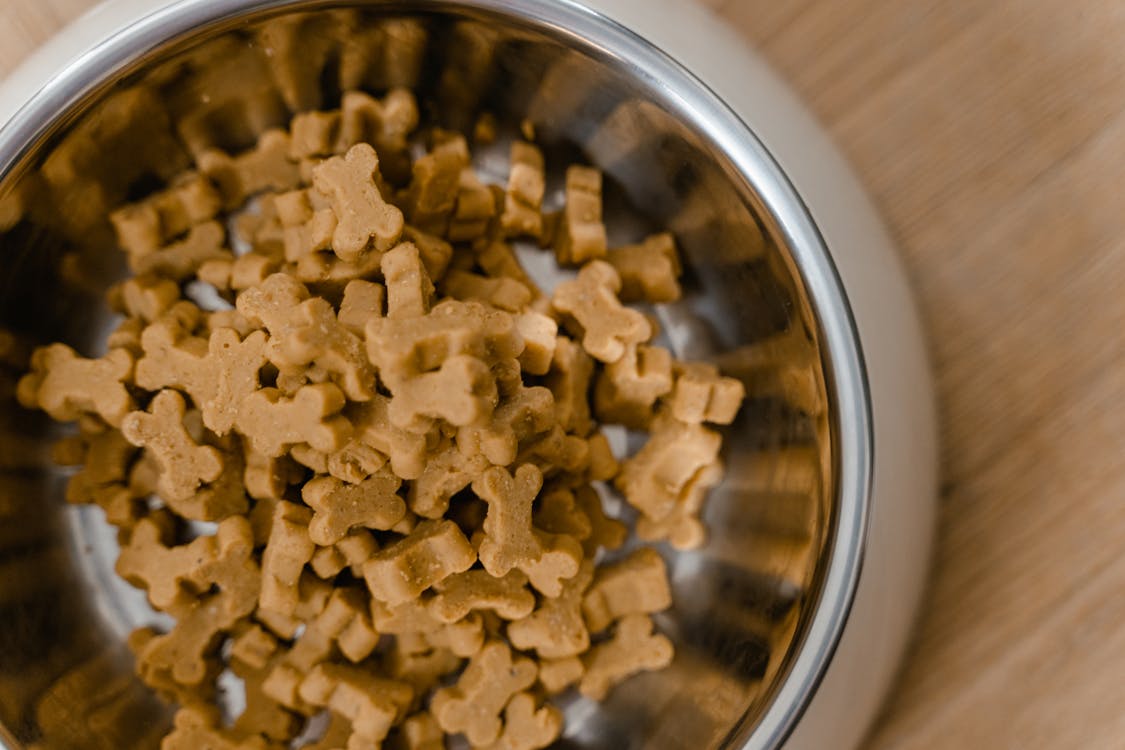The landscape of pet nutrition in Australia has evolved significantly, with projections indicating the pet food market will reach $4.57 billion by 2029. As responsible pet owners, understanding the fundamentals of canine nutrition is crucial for maintaining our companions' health and wellbeing. Let us examine the key aspects of dog nutrition that every Australian pet owner should consider.

Understanding Nutritional Options
The Australian market presents two primary categories of dog food, each with distinct characteristics and benefits. Current market data indicates annual expenditure of $1.169 billion on dry food and $892 million on wet food, reflecting diverse consumer preferences.
Dry Food Characteristics:
- Extended shelf stability
- Superior cost-effectiveness
- Dental health benefits
- Convenient portion control
Wet Food Advantages:
- Enhanced hydration properties
- Superior palatability
- Minimal preservative content
- Natural dietary alignment
Premium Nutrition Trends
The Australian market has witnessed a notable shift towards premium nutritional options. Statistical analysis reveals premium wet food products experienced 9% growth, while premium dry alternatives demonstrated a 3.1% increase. This transformation reflects an enhanced understanding of the correlation between nutrition quality and canine health outcomes.
Financial Considerations
Current research indicates varying expenditure patterns among Australian pet owners. While the majority maintain monthly expenses below $100 for nutrition and associated supplies, approximately one-third allocate between $100-$200, and a quarter invest over $200 monthly. These variations typically correspond to:
- Animal dimensions and breed specifications • Age-related requirements • Exercise frequency and intensity • Dietary quality parameters
Contemporary Nutritional Standards
Modern canine nutrition has progressed significantly, incorporating advanced scientific understanding. This evolution has produced sophisticated dietary options aligned with current nutritional science.
Contemporary Developments Include:
- Grain-alternative formulations
- Alternative protein implementations
- Natural preservation methods
- Age-specific nutritional profiles
One of the dog food product which meet these requirements is from petfoodaustralia. Their dog food quality has been prised for the quality and suitability for any breeds.
Selection Methodology
When evaluating nutritional options, consider these essential factors:
Developmental Stage
Nutritional requirements vary significantly across different life stages, necessitating appropriate dietary adjustments from puppy development through senior care.
Breed Specifications
Breed characteristics significantly influence nutritional requirements. Working breeds, such as Border Collies, require distinctly different nutritional profiles compared to suburban companion breeds.
Medical Considerations
Individual health conditions may necessitate specialised dietary protocols. Professional veterinary consultation is advised before implementing significant dietary modifications.
Nutritional Analysis
Understanding nutritional content is fundamental. Consider these key factors:
Protein Sources: Priority should be given to clearly identified protein sources rather than non-specific protein derivatives.
Ingredient Quality: Primary ingredients should constitute whole food sources rather than nutritional supplements.
Regulatory Compliance: Ensure products meet Australian regulatory standards and possess appropriate nutritional certifications.
Professional Recommendations
With Australians investing $4.2 billion annually in pet nutrition, the importance of informed decision-making cannot be overstated. Professional guidance suggests that nutritional requirements vary significantly among individual animals, necessitating personalised consideration of dietary options.
It is essential to note that dietary modifications should be implemented gradually to maintain gastrointestinal stability. Professional veterinary consultation is recommended for personalised nutritional guidance based on individual animal requirements.
The evolution of canine nutrition in Australia continues to advance, with expanding options reflecting enhanced understanding of nutritional science. Informed selection of appropriate nutrition supports optimal health outcomes for canine companions. This commitment to quality nutrition represents an investment in our companions' longevity and quality of life.
The future trajectory of canine nutrition in Australia appears promising, with ongoing developments in nutritional science facilitating enhanced dietary options. Through informed decision-making regarding nutritional choices, we can promote optimal health outcomes for our canine companions, acknowledging their significance as valued family members while ensuring their nutritional requirements are met with appropriate scientific rigour.







